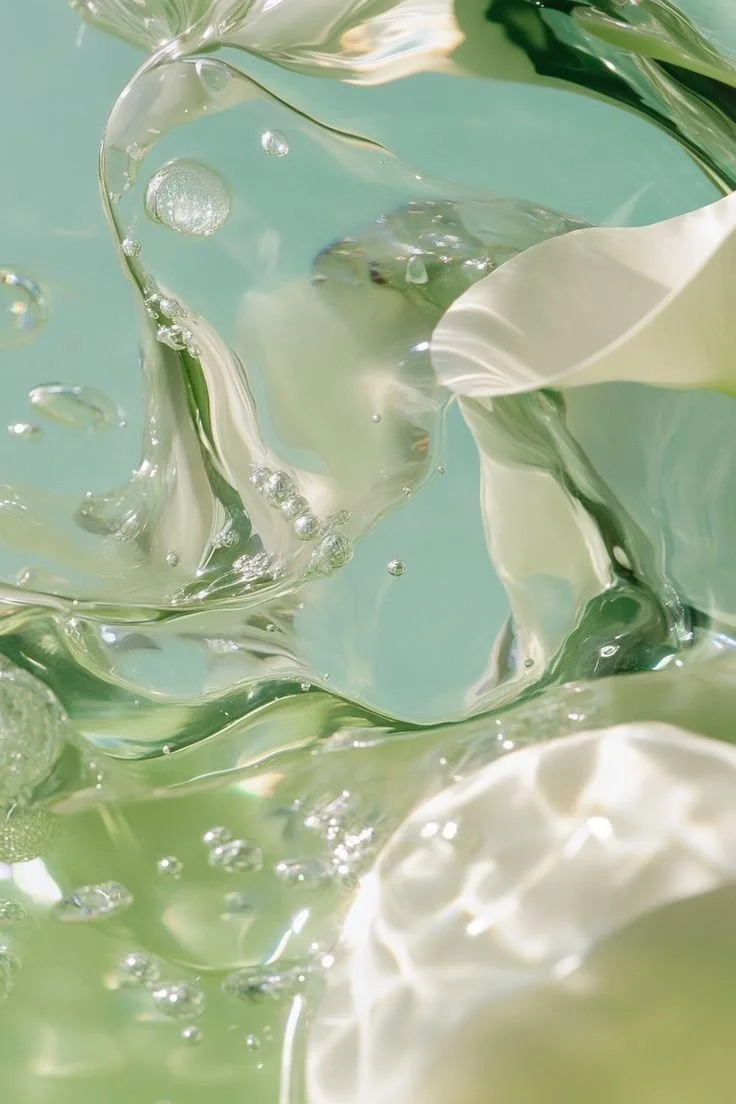5 Most Effective Water Purification Methods
/Water is essential for life, but not all water sources are safe to drink. Contaminated water can harbor harmful bacteria, viruses, parasites, and chemicals that can cause serious health problems. Fortunately, there are several effective methods to purify water and make it safe for consumption. Here are 5 of the most effective water purification methods:
1. Boiling
Boiling is one of the simplest and most reliable ways to purify water. By heating water to a temperature of 100°C (212°F) for at least 1 minute, you can kill most harmful microorganisms. Boiling is particularly effective in areas where the water supply may be contaminated with bacteria or viruses.
Advantages of boiling:
Simple and easy to do
Effective against most microorganisms
No chemicals required
Suitable for emergency situations
Disadvantages of boiling:
Time-consuming
Can be energy-intensive
Does not remove all contaminants, such as heavy metals or chemicals
2. Filtration
Filtration involves passing water through a porous material that traps impurities. There are several types of filtration methods, including:
Sediment filtration: Removes larger particles, such as dirt, sand, and rust.
Carbon filtration: Removes organic matter, chlorine, and other chemicals.
Membrane filtration: Removes dissolved solids, including bacteria and viruses.
Advantages of filtration:
Effective at removing a wide range of contaminants
Can be used for both point-of-use and point-of-entry purification
Relatively affordable
Can improve the taste and odor of water
Disadvantages of filtration:
May not be effective against certain viruses or parasites
Requires regular maintenance and filter replacement
May not be suitable for areas with extremely contaminated water
3. Distillation
Distillation involves heating water to its boiling point, collecting the vapor, and then condensing it back into liquid form. This process leaves behind impurities, such as minerals and salts. Distillation is often used to produce high-quality drinking water, especially in areas with poor water quality.
Advantages of distillation:
Removes almost all contaminants, including salts, minerals, and microorganisms
Produces very pure water
Can be used to purify seawater
Disadvantages of distillation:
Energy-intensive
Slow and time-consuming
Requires specialized equipment
4. Ultraviolet (UV) Treatment
UV treatment uses ultraviolet light to kill microorganisms in water. UV light damages the DNA of microorganisms, preventing them from reproducing. UV treatment is often used in municipal water treatment plants and for home water purification systems.
Advantages of UV treatment:
Effective against a wide range of microorganisms
Does not add chemicals to the water
Relatively quick and efficient
Suitable for both point-of-use and point-of-entry purification
Disadvantages of UV treatment:
May not be effective against certain viruses or parasites
Requires regular maintenance and lamp replacement
May not be suitable for cloudy or turbid water
5. Chemical Treatment
Chemical treatment involves adding chemicals to water to kill microorganisms or remove impurities. Common chemicals used for water purification include chlorine, iodine, and potassium permanganate. Chemical treatment is often used for emergency water purification or in areas where other methods are not available.
Advantages of chemical treatment:
Can be used to treat a variety of water sources
Relatively easy to use
Can be effective against a wide range of contaminants
Disadvantages of chemical treatment:
Can leave a chemical taste or odor in the water
May not be suitable for long-term use
Requires careful dosing to avoid health risks
Choosing the Right Water Purification Method
The best water purification method for you will depend on several factors, including the quality of your water source, your budget, and your specific needs. If you are unsure which method to choose, it is a good idea to consult with a water quality expert or test your water to determine the types of contaminants present.
By understanding the different water purification methods available, you can make informed decisions about how to ensure that you and your family have access to safe and clean drinking water.



